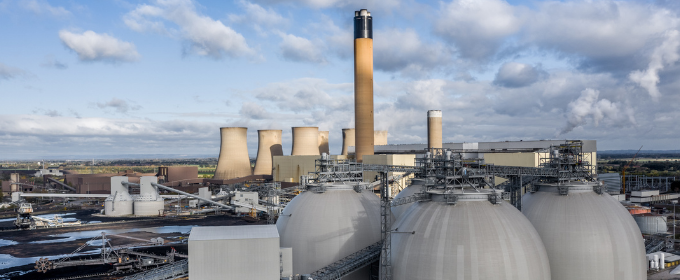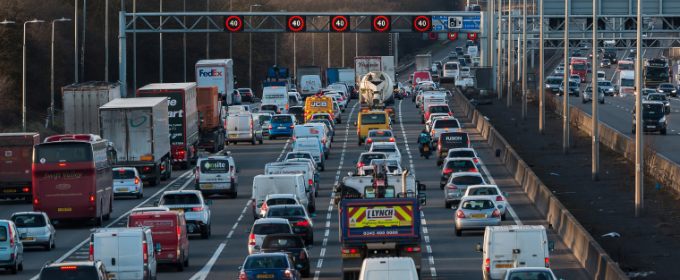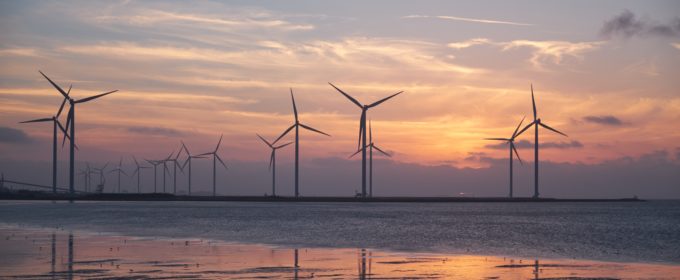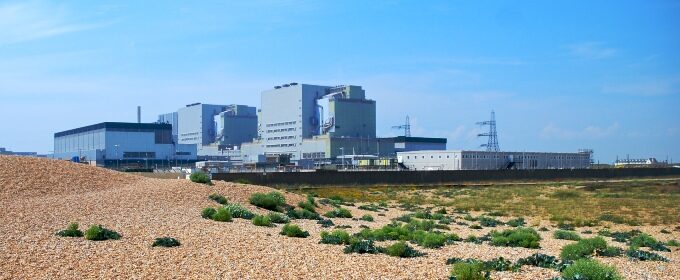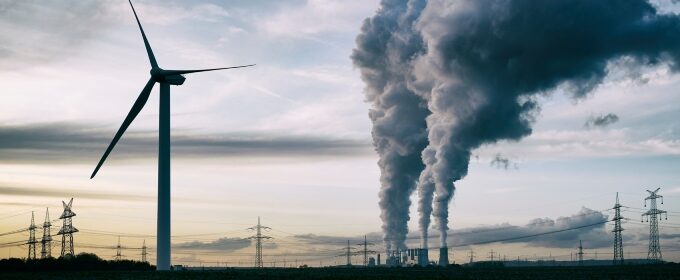The latest IPCC report on the state of the world’s climate shows that the remaining carbon budget – the amount of CO2 that can still be emitted while keeping global warming below 1.5 degrees – is almost gone. To meet net zero within these parameters, we will need to remove CO2 that is already in […]
